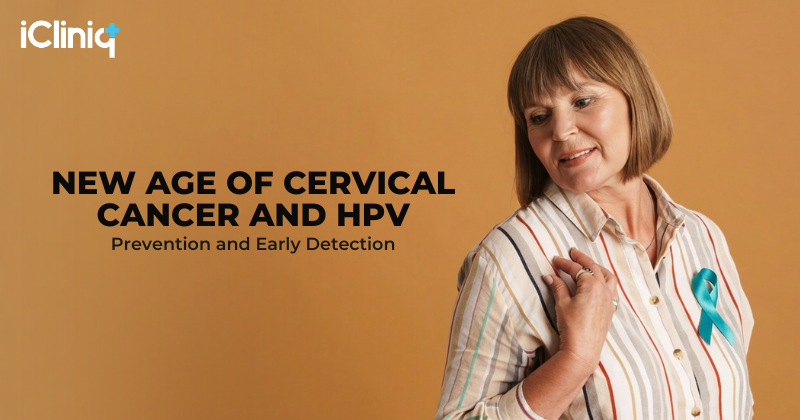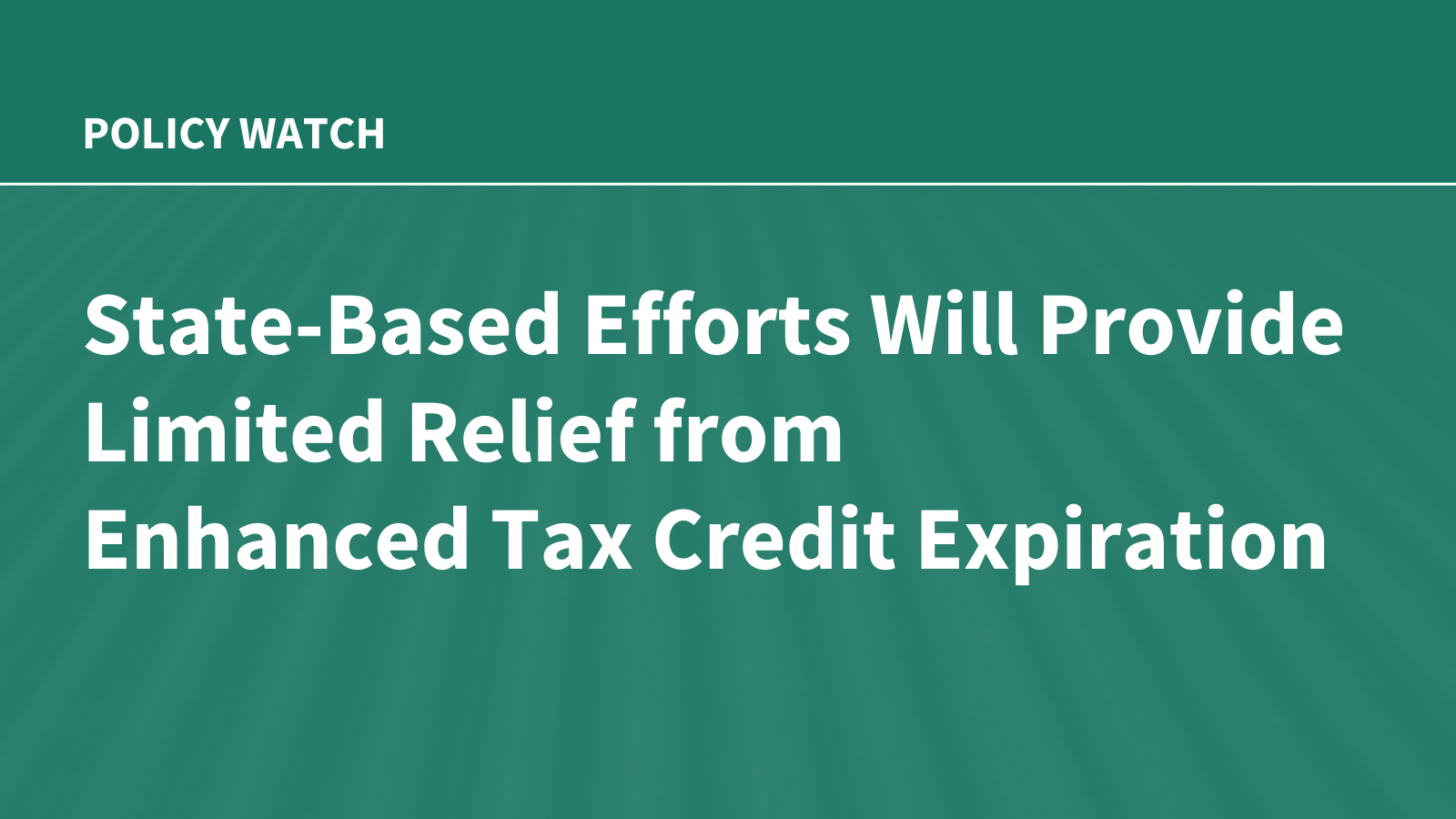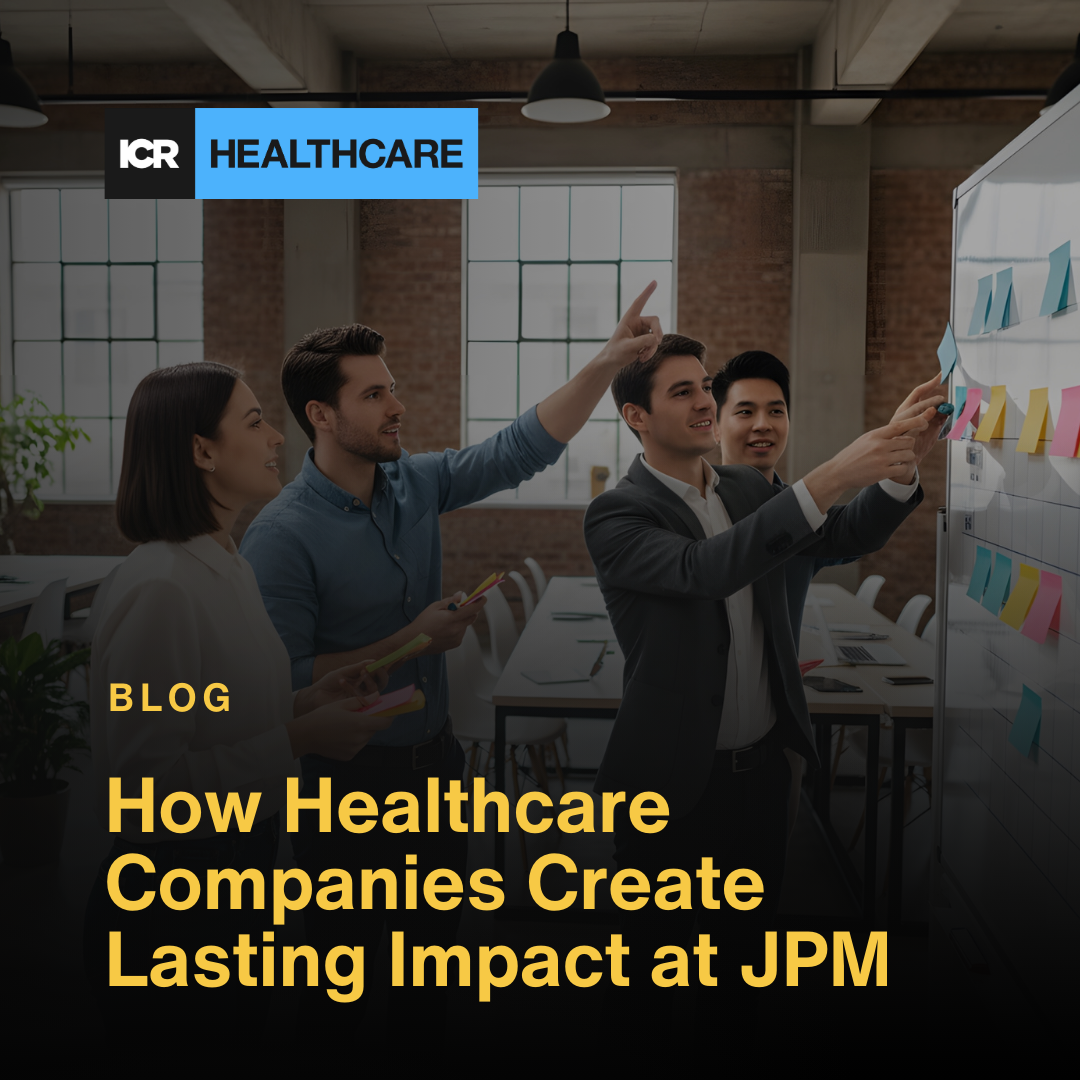Giving patients more direct control over their healthcare data is a frequent talking point among healthcare leaders. And it’s an idea that seems to be picking up speed among federal healthcare policy leaders within the Trump administration.
In Houston, the University of Texas MD Anderson Cancer Center is working with startup HealthEx to make that idea a reality for its patients using artificial intelligence. MD Anderson and the startup are focused on deploying an AI-driven platform that streamlines patient consent and changes how patients control their health data.
Currently, the governance of data access and patient consent at hospitals and health systems is a complex effort that often involves patients signing lengthy consent forms. It’s also a labor-intensive process for healthcare staff. At the same time, this approach doesn’t readily enable patients to see and understand how their data are contributing to medical research.
HealthEx, which launched in 2022, saw an opportunity to automate the manual burden of security and compliance processes needed for health data access. The company built an AI-powered platform that enables healthcare organizations to efficiently collect, manage and enforce patient consent and preferences. The company’s technology also automates data policy enforcement via AI co-pilots.
HealthEx says it modernizes consent from a one-dimensional process that patients find confusing—and healthcare organizations struggle to granularly enforce—into a comprehensive platform offering.
MD Anderson is now collaborating with HealthEx to continue developing the consent and data rights management platform with future plans to implement it at the leading cancer center.
MD Anderson and HealthEx are “co-creating new approaches to simplify the consent process so patients can make more informed decisions about their data than is possible using existing technology,” said David Jaffray, Ph.D., chief technology and digital officer at MD Anderson.
It marks a progressive approach by the cancer center to create a health data ecosystem that is grounded in both transparency and accountability, he noted.
“Internally, we’ve done a lot of work to build the governance frameworks around data, to make sure it’s stewarded well, and as patients are part of that stewarding process, we thought it was important to work with a partner that had a good vision and an approach to build new technologies that would allow patients to participate,” Jaffray said in an exclusive interview with Fierce Healthcare about the partnership.
The goal is to use advances in technology and AI to make it easier for patients to access, retrieve and share their own medical information.
MD Anderson and HealthEx will evaluate and implement approaches that leverage the platform to streamline future consenting approaches, executives said. This AI approach also will improve research while protecting patient autonomy.
“One of the things that we we want to be able to do is to improve outcomes from cancer. ‘Making cancer history’ is our tagline, and learning from the patients that we treat is something that’s very important,” Jaffray said. “As patients become more aware of the importance of their data and for us to to learn to treat the next patient more effectively, I think it’s very important that they’re able to participate in that decision-making process.”
MD Anderson has a financial interest in HealthEx along with its co-development relationship, according to Jaffray.
HealthEx raised $14 million in seed and series A funding last fall. The round was led by General Catalyst with participation by Electric Capital.
MD Anderson and HealthEx have a shared goal of building a patient-centric, transparent and AI-augmented model for health data management, said Priyanka Agarwal, M.D., co-founder and CEO at HealthEx.
“We’ve been so aligned on this notion that it’s really important that data is being used in a way that has its maximum impact, but to do so in partnership with patients,” she said.
She added, “Patients are ultimately partners in their care. They should be driving their care. So how do we make it easier for organizations like MD Anderson that are really thinking deeply about that patient relationship and trust, how do we give them the tools to really build that trust and build that relationship? That’s fundamental to this effort. And, AI really supports that.”
A healthcare veteran, Agarwal has experience in clinical medicine at the University of California, San Francisco (UCSF) and digital health expertise at Bristol Myers Squibb. She currently serves as an associate clinical professor of medicine at UCSF.
Healthcare organizations face new complexities in data use and licensing. MD Anderson, like most healthcare institutions, generates vast amounts of data through routine patient care. However, several factors, including analog consent and data access processes, prevent the data from being fully utilized by researchers and other partner organizations.
“We want to be able to have a mechanism to reach out to patients to engage with us in the decision-making on how their data can be used to advance our mission. We’re starting to build the tooling and the technology to allow that to become efficient and effective and respectful of the interaction with the patient. And it’s a delicate dynamic, but technology has led us to do things that are very delicate,” Jaffray said.
“This notion of consent has really centered on long form documents,” Agarwal noted. “These consents can be many, many pages in length, and both creating those consents and then enforcing them has just been hours and hours of human labor. In terms of the generation and the review, AI is really well suited on both sides of that problem.”
Agarwal contends that AI-based tools can effectively ingest long-form documents and structure the content. “It can also then generate a set of rules both in regards to what data might be available, but also more generally, in terms of what steps do I take with this patient on the other side? That’s where I think AI has been transformative,” she said.
Jaffray agrees, noting that the use of AI technology can help provide more transparency to both patients and providers.
“We’re empowering people to be part of the decision-making using AI technology. It’s a super interesting space, and tackling it on a topic that is sensitive and as critical as healthcare and, for us, cancer, I think it just really digs down to the foundations that we need to have everybody as fully aware and fully participatory as possible in decision-making. It can be used for their own personal decisions, but, for us, it will also help make progress against the disease,” he said.
HealthEx’s AI technologies can be used to automate policy capture, review and enforcement of consent policies as well as streamline compliance while scaling secure data access, according to HealthEx.
The company is expanding its capabilities beyond patient consent to include patient preferences, Agarwal said.
“How do we move beyond just a straight ‘yes’/no’ to something where I want to talk more or learn more about? That nuance is what we’re bringing to the table. We want to make sure MD Anderson has a way to operationalize and really follow through on those inputs. That’s a lot of what really hasn’t existed in this space,” she said.
The HealthEx platform’s data policy engine creates automated workflows to ensure compliance with patient preferences and institutional policies. The technology allows patients to control how their data contribute to ongoing and future research and AI initiatives.
The company touts that its technology will help healthcare organizations enhance the patient experience, boost operational efficiency, increase compliance and unlock new data licensing opportunities.
The partnership comes as leaders at the Department of Health and Human Services (HHS) and the Centers for Medicare & Medicaid Services (CMS) have signaled a strong focus on healthcare tech initiatives. At a listening session last week, HHS and CMS leaders stressed the importance of patients having better access to data to manage their health.
“How do you give individuals that control, that agency and that voice? That’s a lot of what we’re trying to do, and it lines up incredibly well with what the CMS leadership is also thinking about,” said Agarwal, who attended the listening session in Washington, D.C. “These two efforts came about independently, but I think the work that we’re doing is very timely in the context of what the new administration is talking about.”
Publisher: Source link










